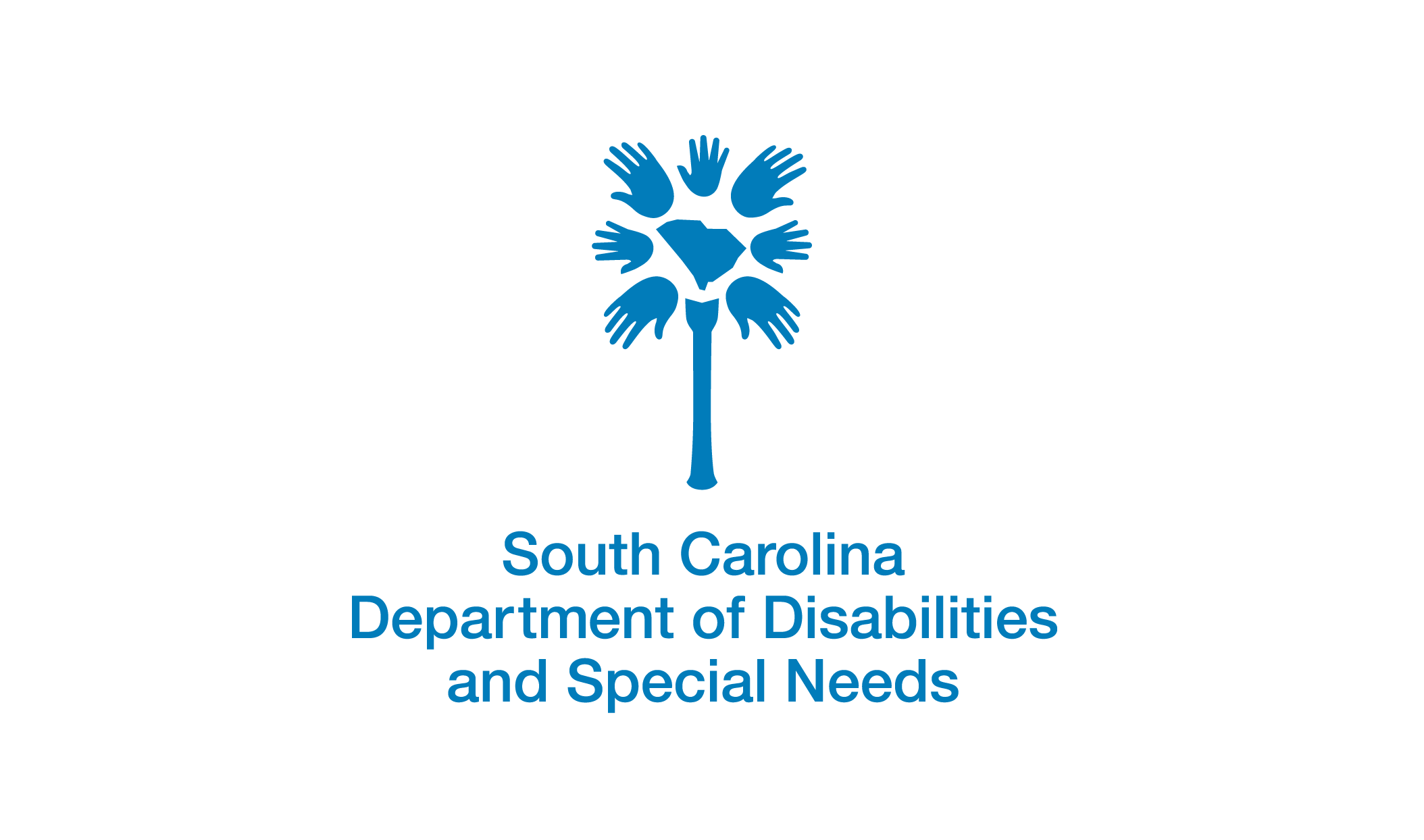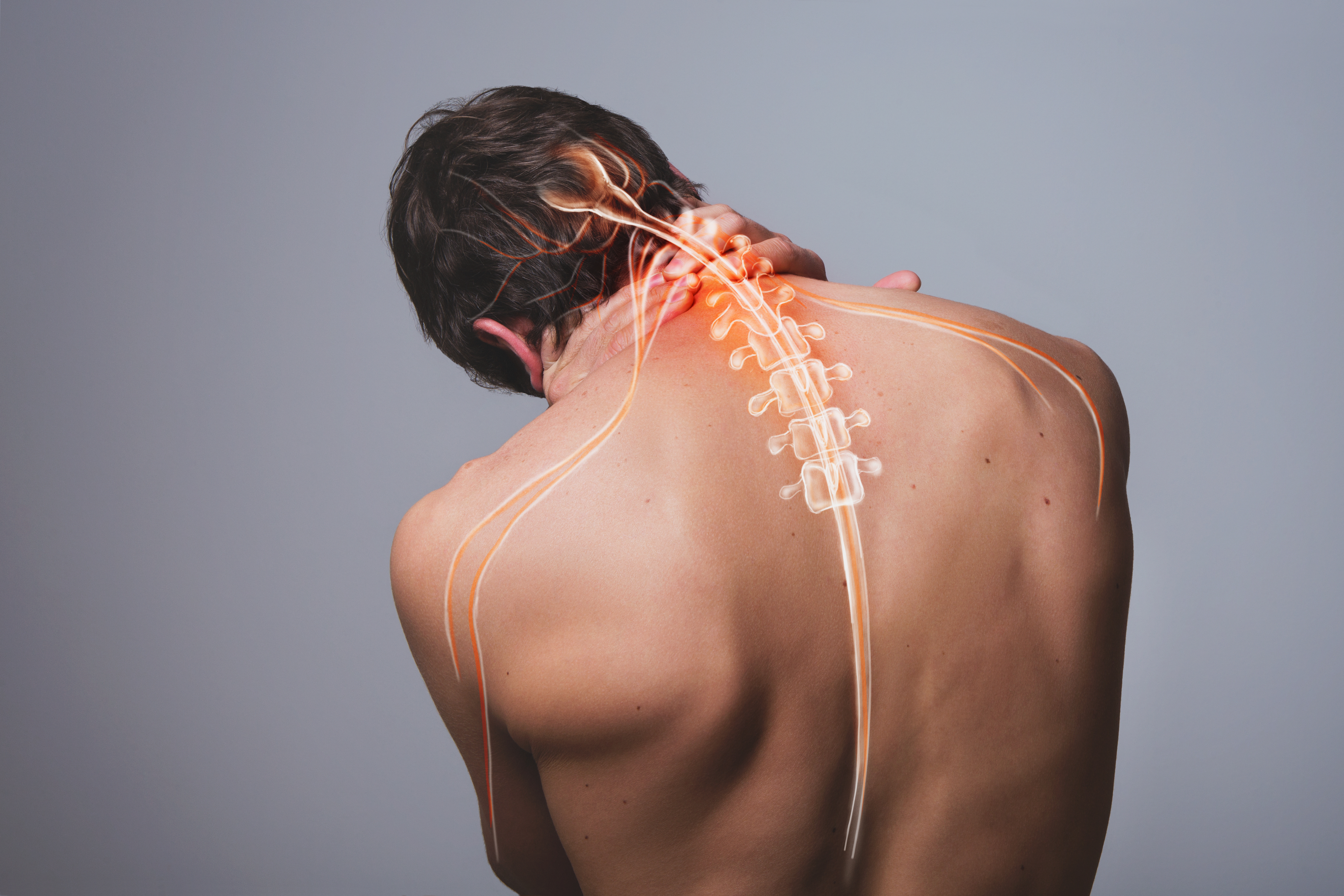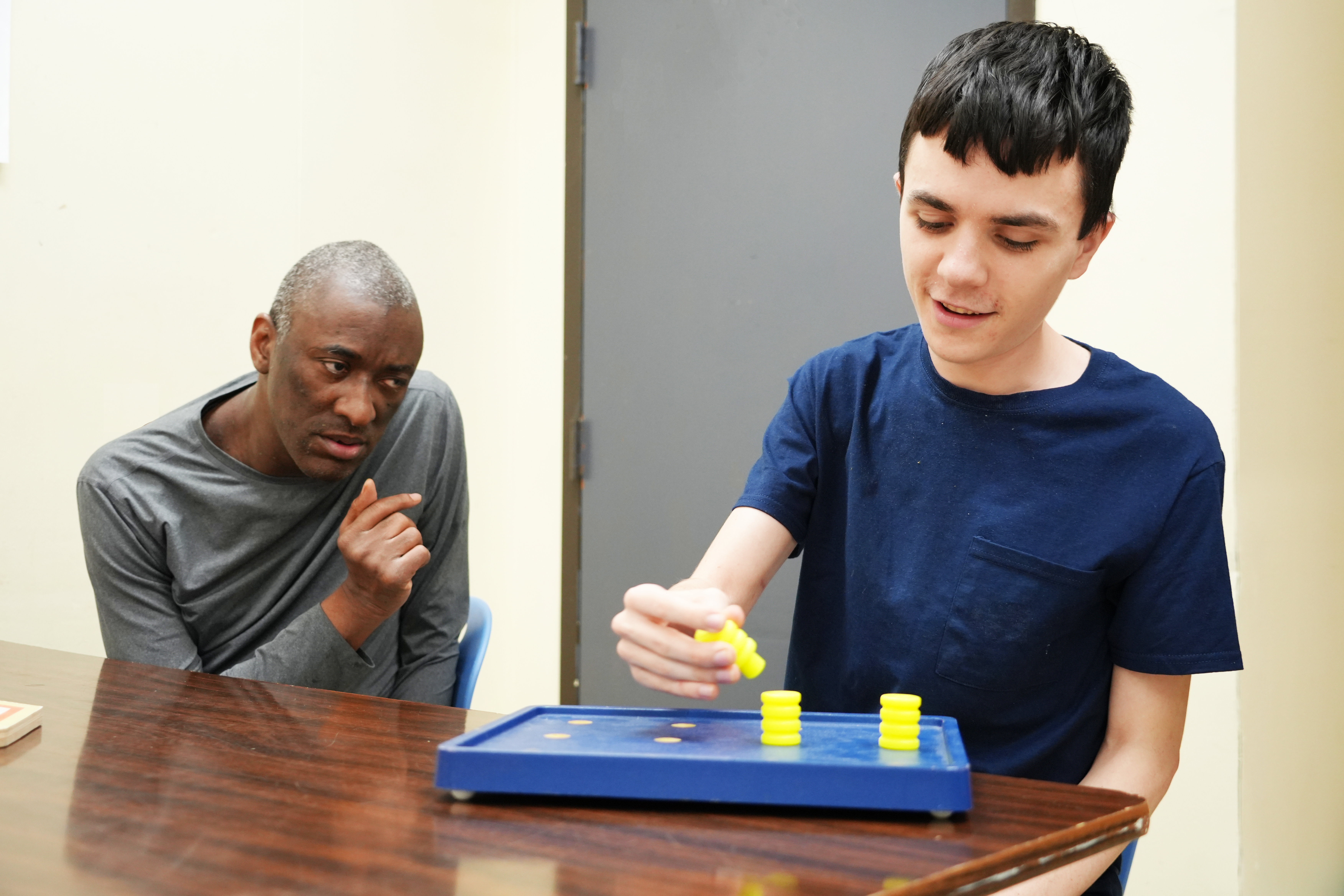DDSN Highlights Survivors’ Journeys, Available Resources During National Brain Injury Awareness Month
COLUMBIA, S.C. — The South Carolina Department of Disabilities and Special Needs (DDSN) is observing National Brain Injury Awareness Month in various ways, including bringing attention to the individuality that exists among those with a brain injury (TBI). Observed annually in March, the national theme for 2024 is “My Brain Injury Journey,” symbolizing the fact that each person with a brain injury is unique and has their own story to tell.
“Many people with a brain injury require extensive care, and others can work, engage in hobbies and live a balanced life like everyone else. Regardless of where they fall on the spectrum, we want survivors to know their stories are important to us,” said Melissa Ritter, Director of DDSN’s Head and Spinal Cord Injury (HASCI) Division. “It’s important to give them a platform to tell their story, while providing the resources they need to have a happy and fulfilling life.”
More than 182,000 South Carolinians sustain a disability from TBI or stroke each year, according to data from the Brain Injury Association of South Carolina. The South Carolina Department of Health and Environmental Control (DHEC) has additional data from 2021, including 1,575 TBI-associated deaths, 4,263 hospital discharges, and 9,430 visits to the emergency room.
DDSN is the state agency that plans, develops, coordinates and funds services for residents with various severe, lifelong disabilities. Populations served include individuals with traumatic brain injuries and spinal cord injuries, among others. DDSN’s HASCI Division carries out this mission by advising those with disabilities and their caregivers how to obtain the services they need, and overseeing Medicaid Waiver programs for those with disabilities, and various other services.
Additionally, DDSN is using a Traumatic Brain Injury (TBI) Grant from the Administration for Community Living to conduct a needs assessment that will strengthen support services and maximize the independence and well-being of people with TBI and their families. DDSN also provides a wide range of services to those who have sustained brain injuries, which can include anything from in home services to assist with activities of daily living, to help with employment.
Gov. Henry McMaster issued a proclamation that encourages South Carolinians to observe the month. In part, it states that more attention and funding is needed, and “early and adequate intervention, especially cognitive rehabilitation, can greatly increase the quality of life and enable individuals with brain injury to return to their homes, schools, work, or communities.”
Visit the DDSN HASCI page for more information, and follow DDSN on Facebook, Twitter, Instagram, and LinkedIn.




